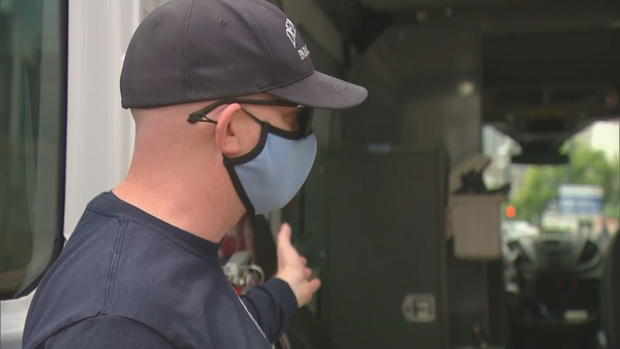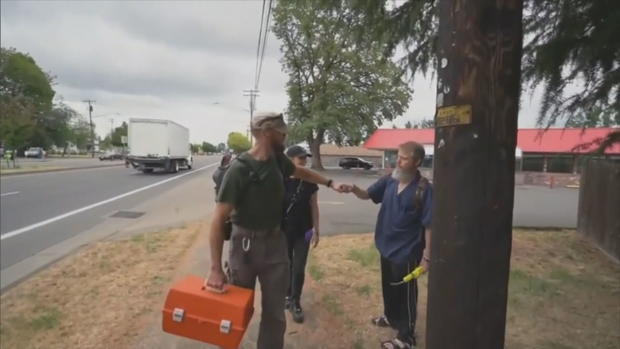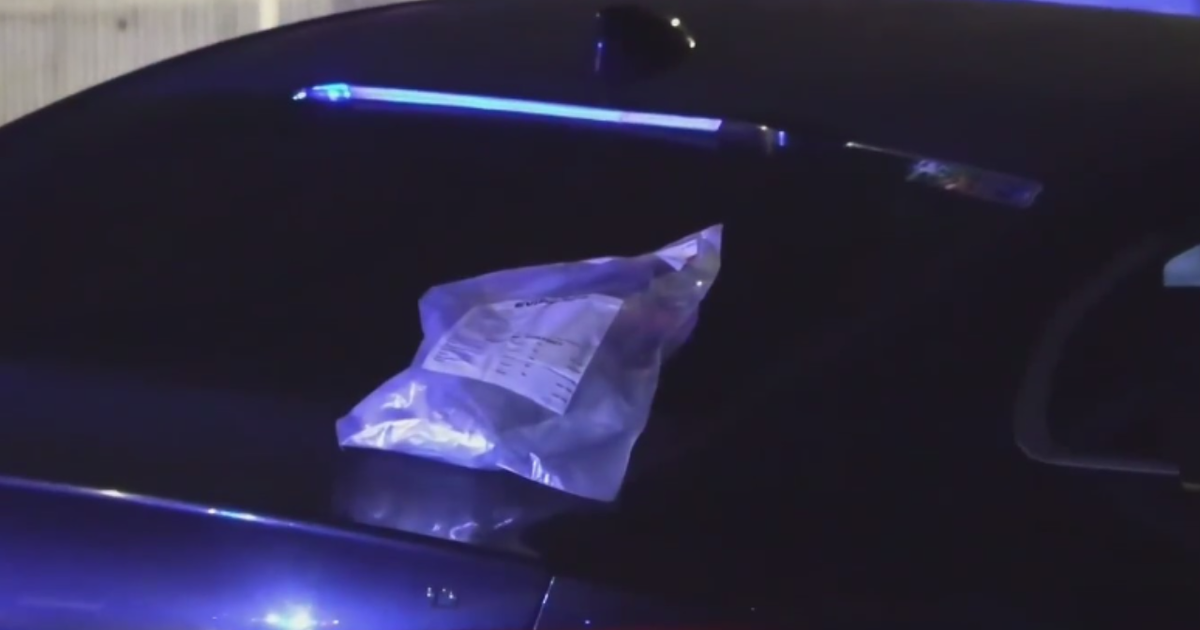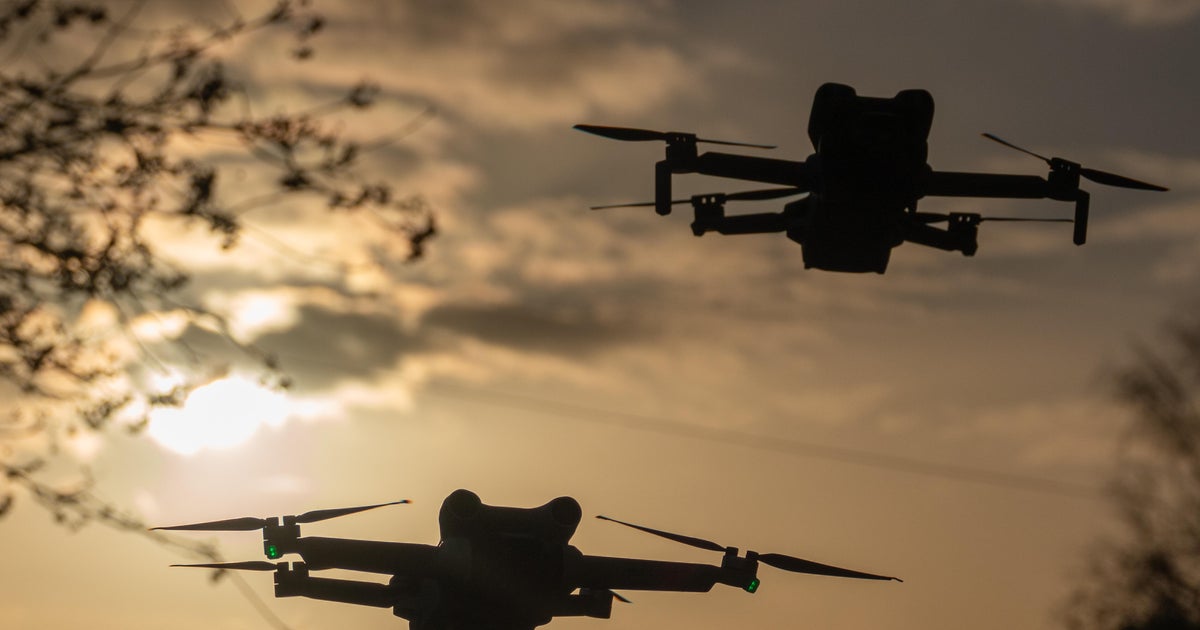Denver's Co-Responder Program Expands To 24/7 Coverage: 'Better Outcomes For Individuals In Crisis'
DENVER (CBS4) – This week marks six years since licensed clinicians began teaming up with police on calls involving mental health. The teamwork of co-responders and officers has shown great success and their partnership is growing. Additional funding received by the program will ensure more people in crisis will get the help and resources they need.
Co-responders are licensed mental health clinicians who respond with the Denver Police Department on calls involving mental illness or substance use.
Mental Health Center of Denver received a grant worth $1,751,080 to provide 24/7 coverage for the Denver Police Department Co-responder program. The grant was funded by Caring for Denver.
The co-responder program has responded to about 10,000 calls over six years. The program has increased its numbers of clinicians over time, but more assistance is still needed.
Chris Richardson, Associate Director of Criminal Justice Services at Mental Health Center of Denver, started the co-responder program in 2016.
"We always knew there was a need there, it was just the ability to have a clinician available during that time," said Richardson. "We'll see a need in one district, then hear calls from other districts asking 'When are we getting that clinician? When are we going to get additional support?' bleeding over to where we're at now which is night shift requesting clinician presence."
With the additional funding, Richardson says the program will be able to fill six slots for the overnight shift, helping achieve the 24/7 model.
"Everything's closed at night and they don't have a lot of resources. Now they have an opportunity," said Richardson. "Whether it's behavioral health and substance use, housing resources, it's about intentionality with making sure that they are getting what they need in the moment instead of a referral card."
Denver Police Chief Paul Pazen says about 7.4% of the DPD's calls for service involve somebody with a nexus that either co-responders or STAR could help.
"They have been able to successfully deescalate situations that have been very beneficial for the person in crisis and very beneficial for the police officer," said Pazen. "Our co-responders are critical partners as we address the challenges that we face in our community."
Pazen says co-responders have been invaluable in high-level situations. For officers, Pazen says the benefits of these partnerships don't end when the call is over.
"That hidden benefit of this partnership has been great. Not only for people in crisis and getting those better outcomes, but even that relationship building. Just being able to have a trusted partner that you can talk about some of the challenges that we're facing in law enforcement these days," said Pazen.
More than half of the 10,000 calls they've responded to have ended with a recommendation for mental health treatment. Now co-responders are also being used within RTD and the Denver Fire Department
"We are excited that we have this continuum of care to provide the best possible connections, as well as the follow up so we can get those better outcomes for individuals in crisis," said Pazen.









